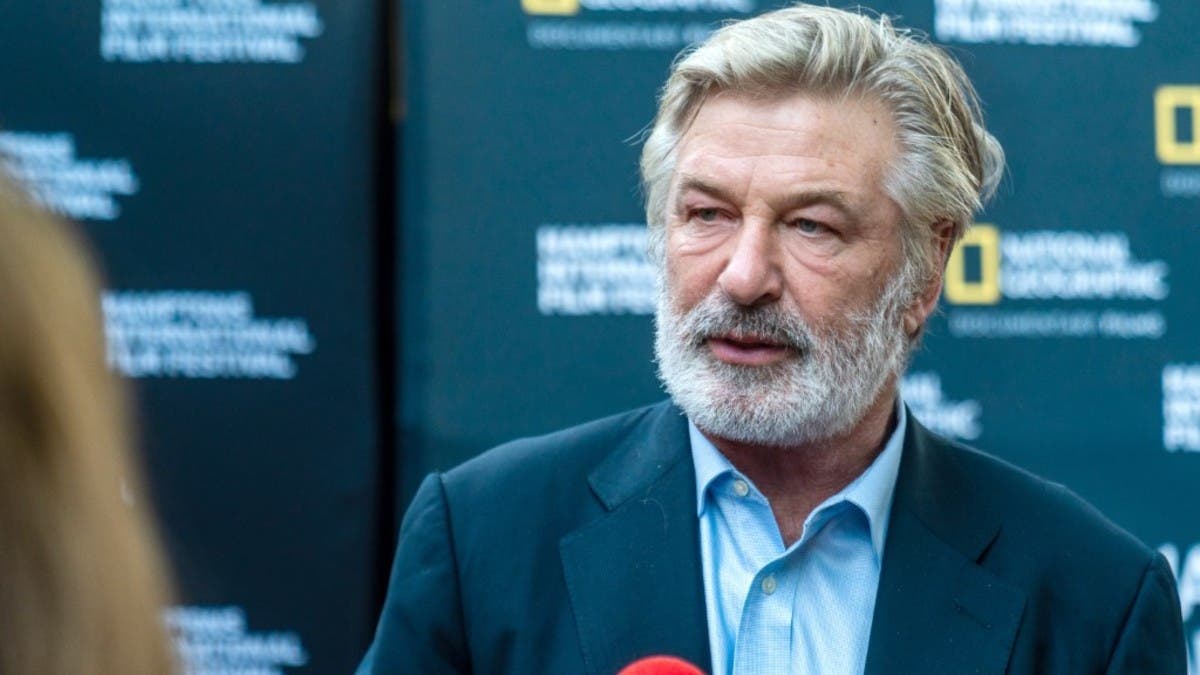Alec Baldwin said he did not pull the trigger of the gun that killed a cinematographer on the movie set of “Rust,” while investigators in New Mexico zeroed in on how live ammunition may have found its way to the set.
Baldwin, who was holding a gun he was told was safe when it went off, spoke in his first full interview about the Oct. 21 shooting.
“Well, the trigger wasn't pulled. I didn't pull the trigger,” the actor told ABC television journalist George Stephanopoulos, according to an excerpt released on Wednesday of the interview, which is to be broadcast on Thursday.
For the latest headlines, follow our Google News channel online or via the app.
“I would never point a gun at anyone and pull a trigger at them. Never,” Baldwin added.
Cinematographer Halyna Hutchins was killed and director Joel Souza was wounded in what Baldwin has previously called a tragic accident on the set of the Western movie he was making near Santa Fe.
The Santa Fe Sheriff's Department said on Wednesday it had no comment on Baldwin's statement. It was not known whether authorities are pursuing an accidental discharge scenario.
No criminal charges have been filed. Investigators have been focusing their efforts on how live bullets, rather than dummies, got onto the set.
Court documents released on Wednesday showed they found “Rust” documents and suspected live ammunition for a revolver like the one Baldwin was using during a search this week at the premises of an Albuquerque supplier of props and weapons for movie sets.
The supplier, named as Seth Kenny, earlier told police he believed the live bullets found on the set may have been “reloaded ammunition” that he previously had acquired from a friend, according to the documents. Reloaded ammunition is made up of recycled components, including bullets.
Kenny could not be reached for comment on Wednesday.
Baldwin, best known for playing an egotistical TV network executive on the TV comedy series “30 Rock,” has kept a low profile since the accident at the Bonanza Creek Ranch near Santa Fe.
Baldwin, who was the star and also a producer on the low-budget Western, “went through in detail what happened on the set that day,” Stephanopoulos said on Wednesday on ABC's “Good Morning America” show ahead of the interview broadcast.
Two crew members have filed civil lawsuits accusing Baldwin, the producers and others on the production of negligence and lax safety protocols. The producers have said they are conducting their own internal investigation.
Read more:
Crew member sues Alec Baldwin, others over ‘Rust’ shooting
Man who handed Alec Baldwin loaded gun on film set breaks silence
Investigators track ammunition in fatal Alec Baldwin film set shooting

 World2 years ago
World2 years ago
 World2 years ago
World2 years ago
 Entertainment7 years ago
Entertainment7 years ago
 World7 years ago
World7 years ago
 Entertainment7 years ago
Entertainment7 years ago






